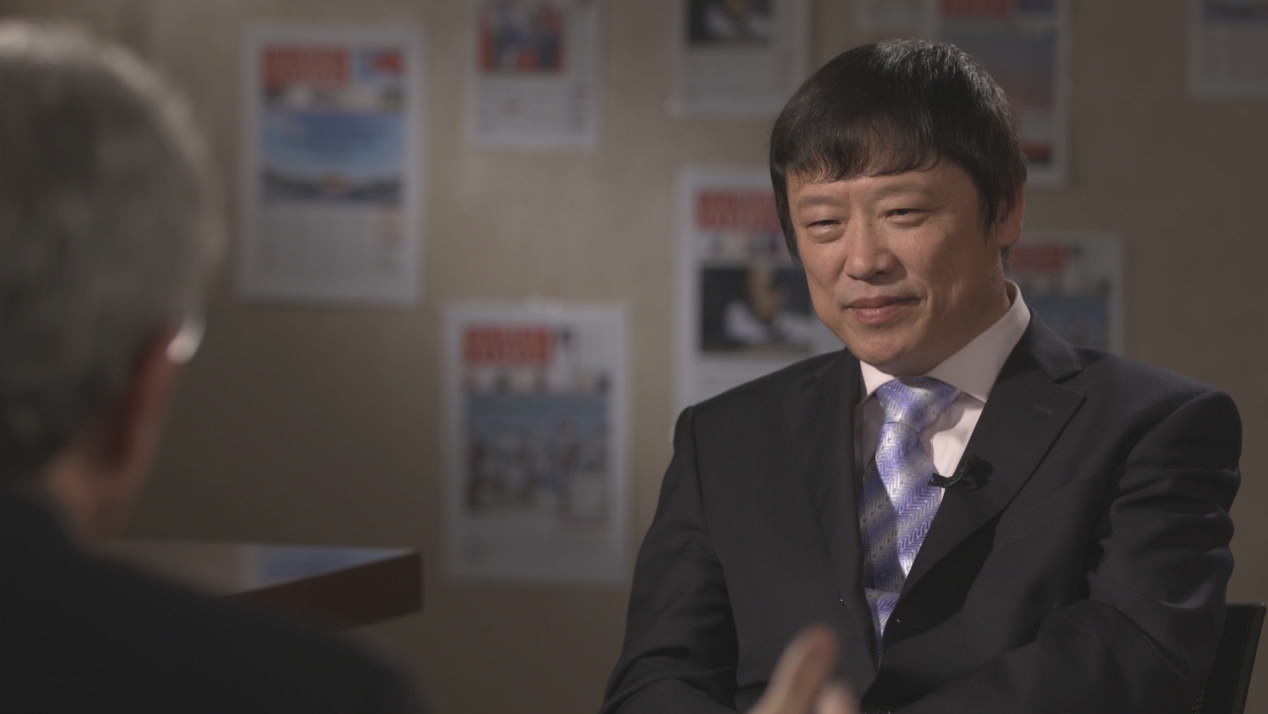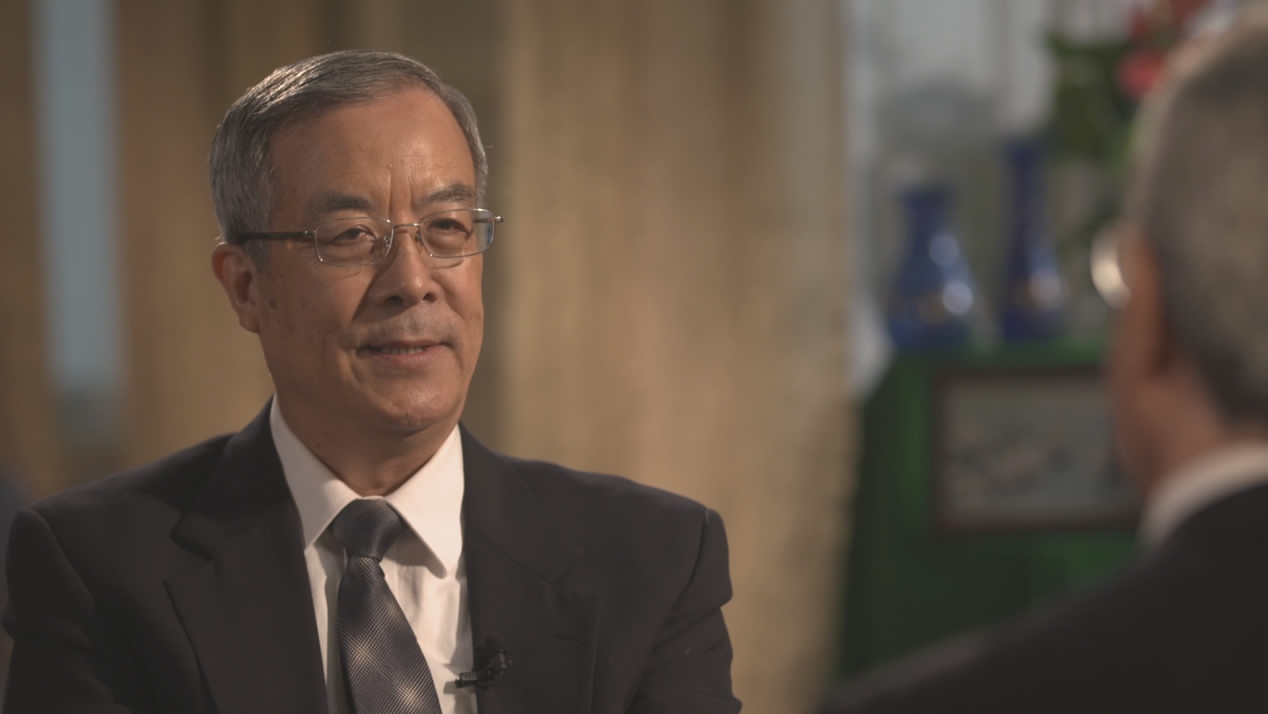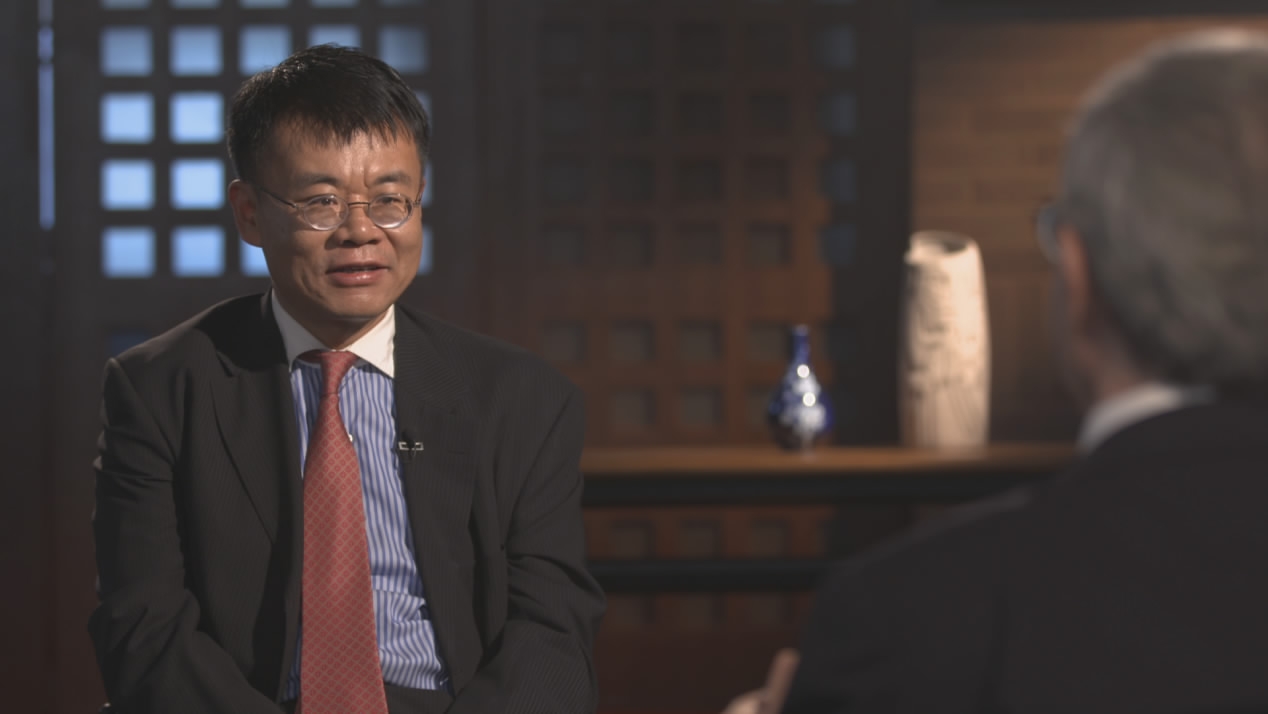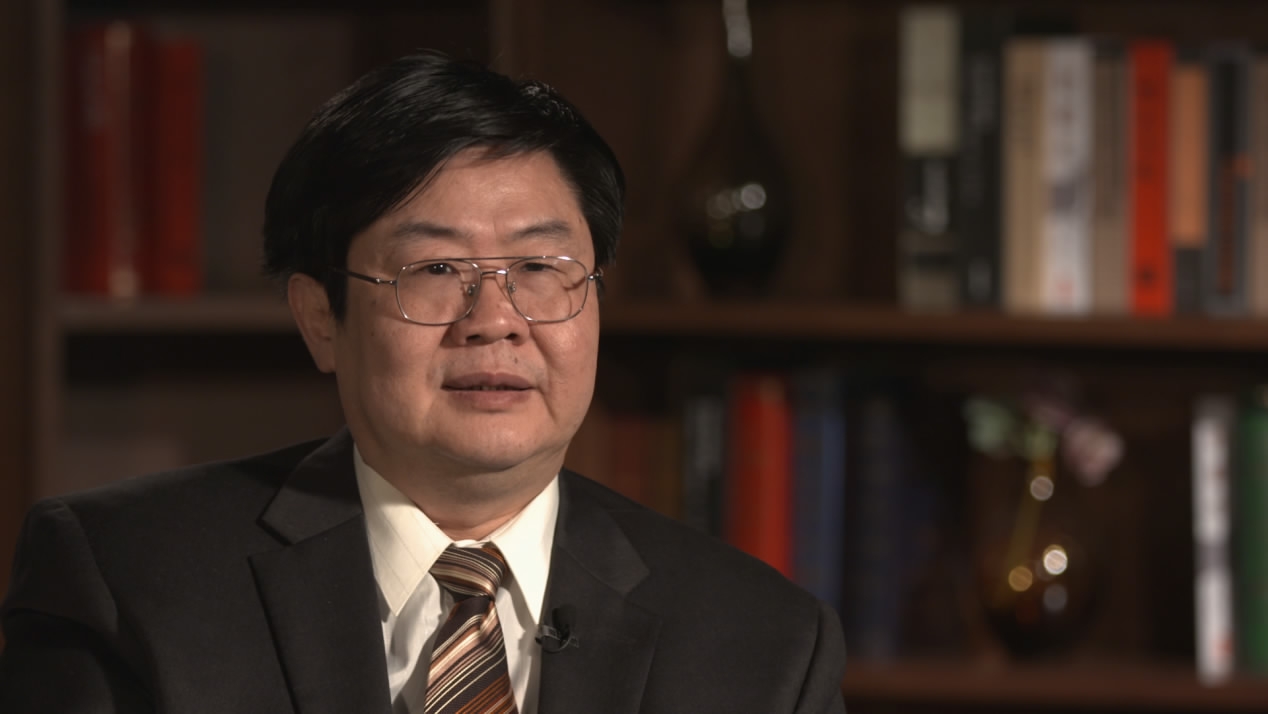By CGTN’s Wang Ying
Many Chinese media outlets are organs of the state, and as such, support national interests as determined by the state. While Western media castigates China’s media as one-way “propaganda”, the deep question is, with respect to international affairs, whether the arrow of causation can point from the Chinese media to the Chinese government, such that opinion influences policy? "Closer to China with R.L. Kuhn" spoke with four thought leaders in China to respond.

CFP Photo
Sometimes taking different editorial positions from that of other major Chinese media platforms, Global Times is also one of China’s most controversial publications. How does the Editor in Chief develop diverse voices for Global Times?
According to Hu Xijin, society itself is colorful and diversified, and when Global Times presents the real society, there will be different voices. Hu thinks that the different voices are the essence of Chinese society. If you completely muffle them, what you present will be fake. Meanwhile, the newspaper should stay in line with the constitution and China’s basic political system.

Interview with Hu Xijin. /CGTN Photo
Among all of the country's major platforms, Global Times stands out because it is most quoted by foreign media. But sometimes it says something that is interpreted as quite aggressive in Western media, but is not the official position of the Chinese government. How do Chinese foreign policy think tanks respond to that?
According to Su Ge, president of the China Institute of International Studies, when he chooses to publish his opinions on Sino-US relations, he will choose the right media which he feels that the comments will fit the general framework. He also points out that China’s mass media, compared to where they were 30 years ago, have diversified opinions, and there is a tremendous tolerance.

Interview with Su Ge. / CGTN Photo
The media can insert itself into foreign policy. But in China, occasions of media diplomacy do not mean that the media and public opinion in general play a significant role when officials make decisions. By developing discussions or arguments internally, could the Chinese media help government policy?
Shi Anbin, Associate Dean of the School of Journalism and Communication at Tsinghua University, observed that Global Times actually played a very important role in transmitting online public opinions and government opinions, which formulates into “media diplomacy, which has become more routine instead of just official diplomacy".
But on the other hand, Song Jianwu, professor of the School of Journalism and Communication at Renmin University, argues that nothing is trivial when it comes to foreign affairs since the People’s Republic of China was founded in 1949, and China’s foreign policy decision-making process is relatively centralized, which means that certain external incidents, including strong online public opinion, didn’t influence the government’s analysis and judgement.

Interview with Shi Anbin. / CGTN Photo

Interview with Song Jianwu. / CGTN Photo
Background: Chinese media development
Since the founding of the People's Republic of China in 1949, almost all media outlets have been state-owned and state-operated. But with economic reforms beginning in the late 1970s, the market began to play an increasing role in Chinese media. Today, with intensifying competition, diversified content, and even investigative reporting, China’s mainland media is becoming progressively more commercial.
For more, tune into CGTN at the following times.

(Hu Xijin is the editor-in-chief of Global Times, the international affairs newspaper published by People’s Daily; Ambassador Su Ge is president of the China Institute of International Studies and a former diplomat who served in several countries including the United States; Shi Anbin is Associate Dean of the School of Journalism and Communication at Tsinghua University; and Song Jianwu is professor of the School of Journalism and Communication at Renmin University.)









